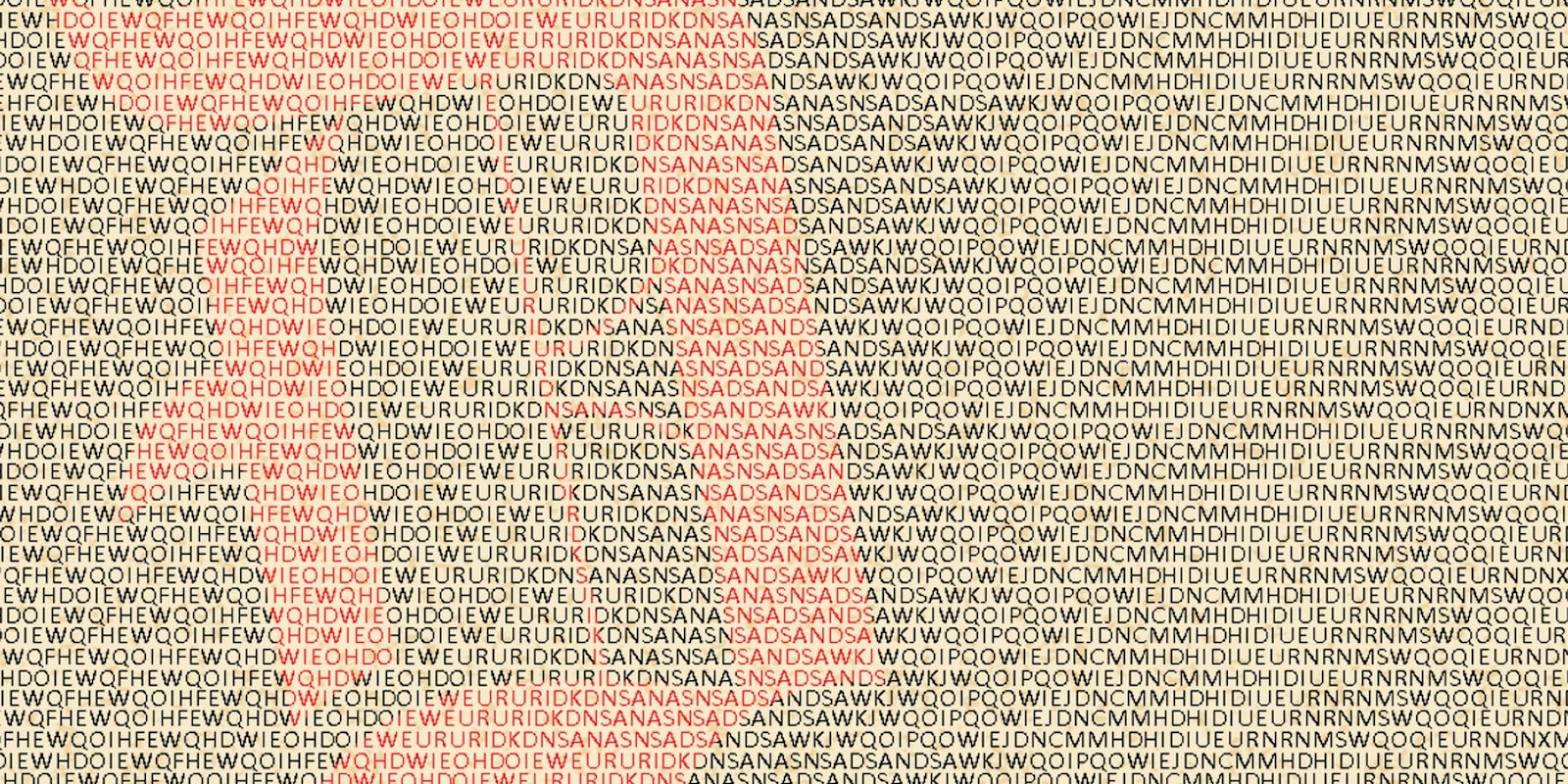Stimulus seekers, novelty addicts, neophiliiacs—call them what you like, but such explorers fill every frontier, until they rush on to the next new thing. So it was this week, as the digital world’s Sooners flocked into Turntable.fm and Google+ before the beta gates slammed shut.
Will these services—a group music-listening chat room and the search engine’s brazen Facebook knockoff, respectively—turn into lasting metropolises, or are they destined to be ghost towns?
…
It’s so hard to know now, given how quickly online communities form and disperse. Look at Myspace. No, please, really—look at Myspace. Someone ought to. The site’s traffic, though still substantial, hasn’t grown in years, and has plummeted lately, leading up to its sale to a little-known online-advertising company.
Myspace’s remaining users tend to be younger and less educated than people who spend their days on other social networks. Perhaps they didn’t get the memo that they were supposed to move on?
We heard a lot this week about Myspace’s rotating cast of top executives, its missed opportunities, its mismanagement. But we’ve heard precious little from Myspace’s actual users. What compels them to linger? Why is the site a habit they haven’t broken yet?
I’ve been talking about this a lot with Daily Dot senior editor Janet Kornblum, who wrote some of the first mainstream coverage of Myspace at USA Today. We haven’t come up with answers yet, but we’ve concluded that Myspace is worth covering. It is the digital world’s Detroit, fading but perhaps surprisingly vibrant under the blight.
…
There’s no urban decay in evidence in Google’s shiny new Google+ social network. Centrally planned like one of China’s pop-up cities, Google+ has emerged from the Googleplex practically fully formed. Its black toolbar has infiltrated Google search and Gmail.
The main problem: All anyone on Google+ seems to talk about is, well, Google+. Yes, people love to tweet about Twitter on Twitter, Digg users vote up stories about Digg, and redditors upvote positive news about Reddit. But if Google+ is going to lure people away from Facebook, it will have to get past the novelty factor, and fast.
…
Turntable.fm certainly has the novelty factor going for it. You go into a Web chatroom and listen to music chosen by the room’s volunteer DJs. It’s a killer app for showing off your music snobbery or tormenting your coworkers with Kreayshawn’s “Gucci Gucci,” depending on your preferences. And the music, at least, gives people something to talk about besides the fact that this is all happening on a new website.
…
One of Myspace’s holdouts is the music scene. Early on, bands gravitated to it as a way to quickly build a presence online and connect with fans. Even now, musicians’ pages are lively: Go to Lady Gaga’s Myspace page, and you’ll see the little monsters praising Mother Monster and flirting with each other. No one told them Myspace is over.
It’s that chaotic, anarchic interaction between people that transforms a website into a community. If Myspace can hang onto that quirky, unpolished, unformatted authenticity—and if Google+, against the algorithmic odds, can create it—they have a shot at avoiding the fate of Friendster, the first big social network, which has seen a sad transformation from lively singles bar to rundown gaming arcade.
